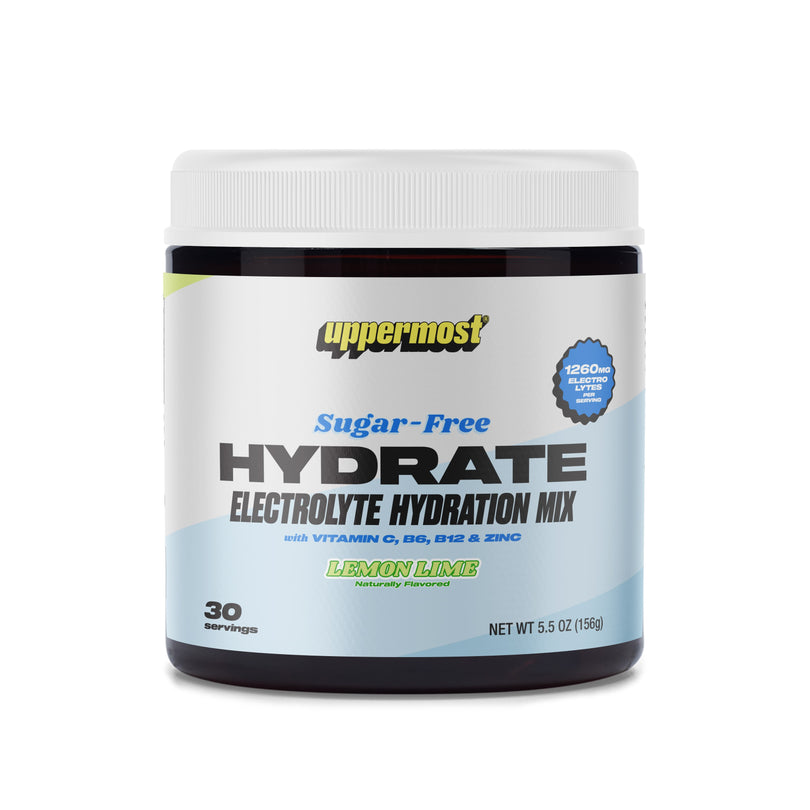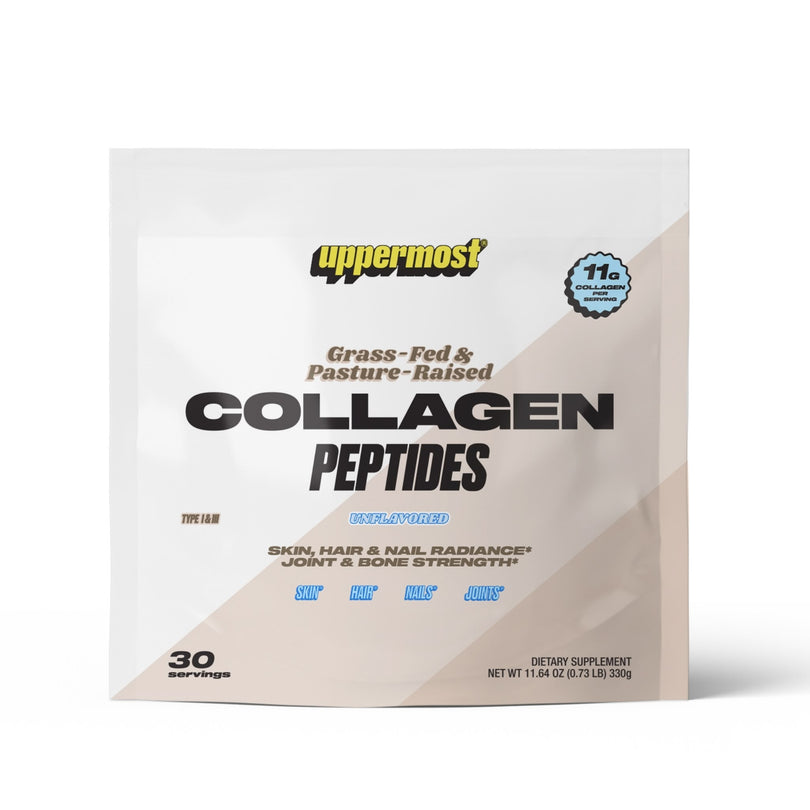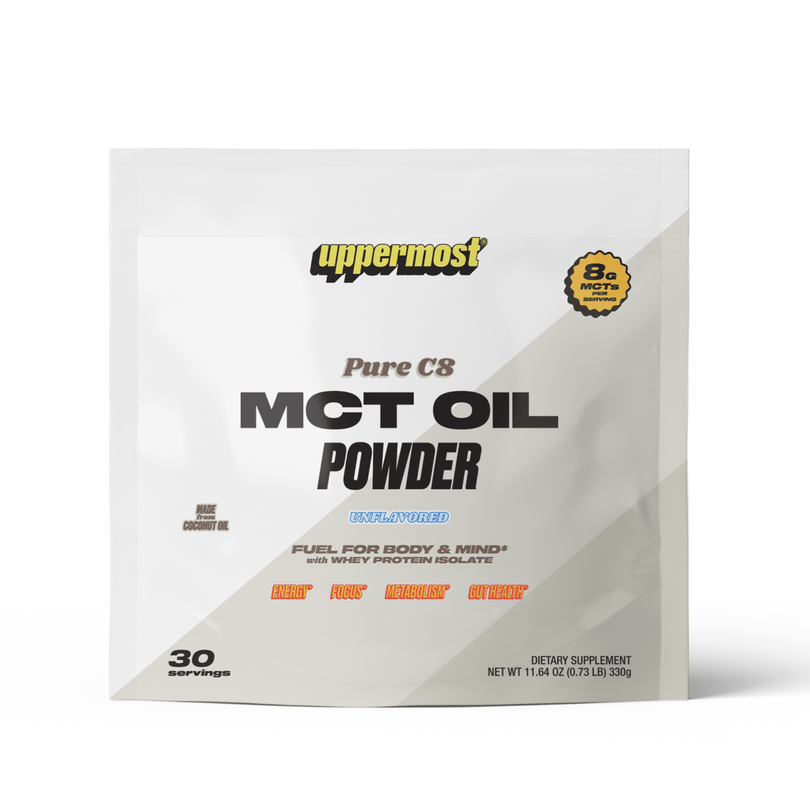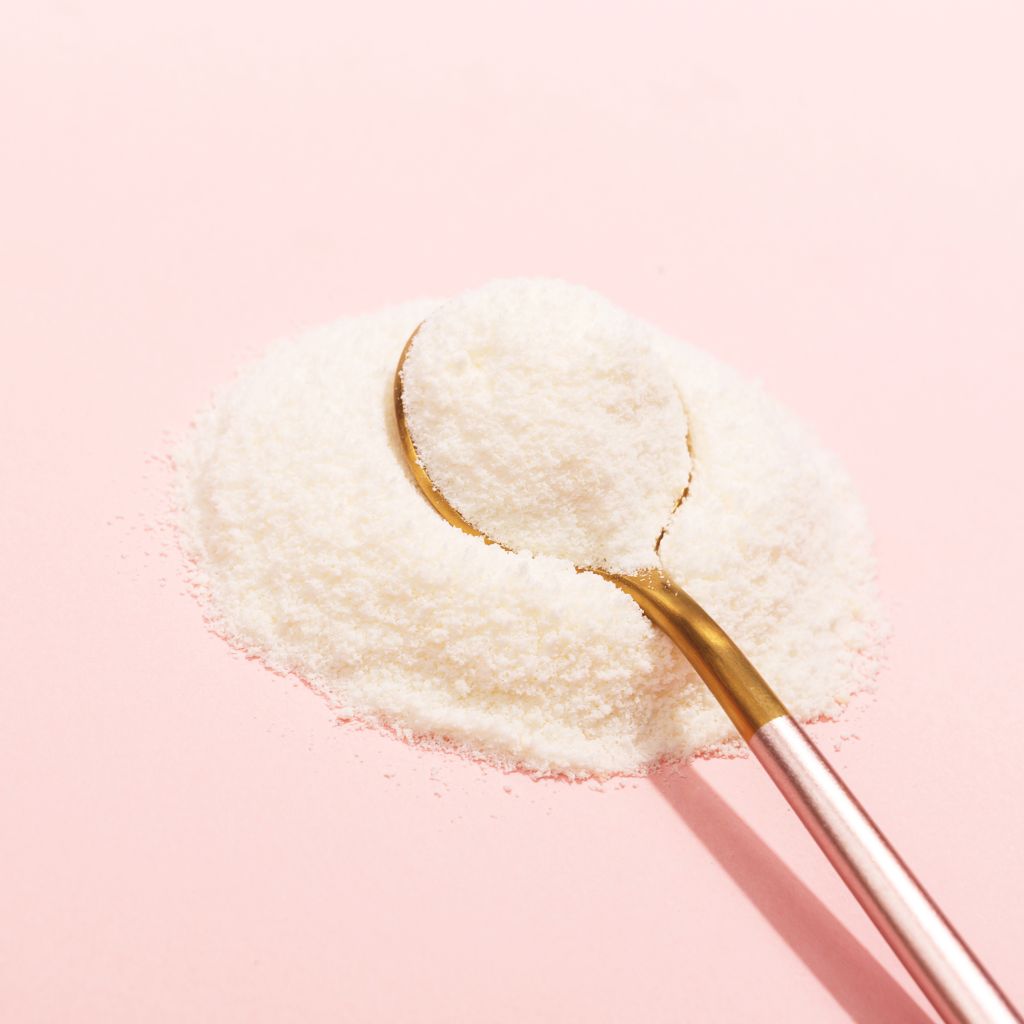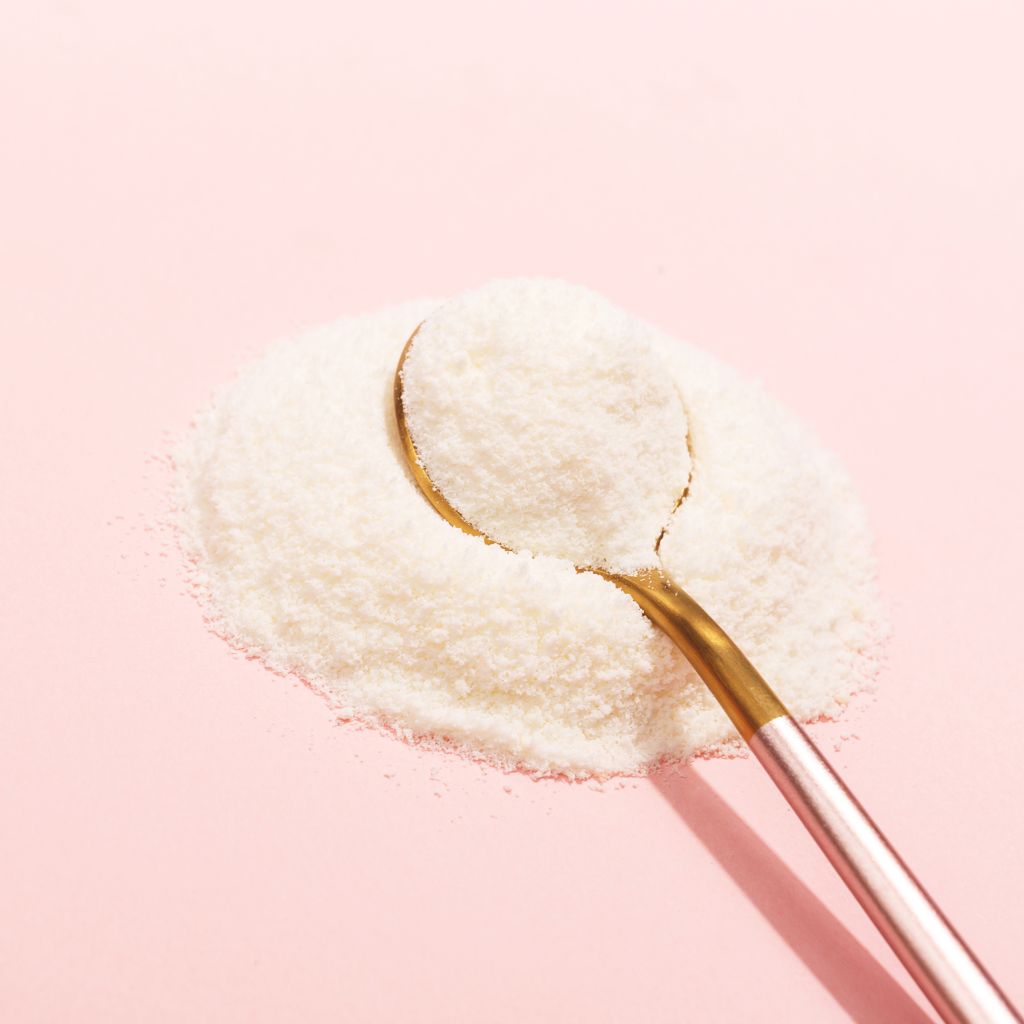Is Collagen Good for You?
A Deep Dive into the Benefits, Science, and Myths Behind Collagen Supplements
Collagen has become a buzzword in the world of health, fitness, and skincare—and for good reason. You’ll find it in powders, capsules, creamers, protein bars, and even skincare products. It’s praised for promoting glowing skin, joint comfort, stronger hair and nails, and better overall vitality. But is collagen good for you? Or is it just another trendy supplement riding the wellness wave?
In this article, we’ll break down what collagen is, what it actually does in the body, what the science says about its benefits, and whether it’s worth adding to your daily routine. We’ll also explore dosage, potential side effects, and how to choose the right collagen supplement for your needs.
What Is Collagen, Really?
Collagen is a structural protein that serves as the foundation for your skin, bones, tendons, ligaments, cartilage, and connective tissues. In fact, it makes up about one-third of the total protein in the human body. It acts like a biological glue that keeps your tissues strong, resilient, and flexible.
There are 28 known types of collagen, but the most important ones in the human body include:
-
Type I: Found in skin, tendons, bones, and ligaments
-
Type II: Found in cartilage, vital for joint health
-
Type III: Found in the skin, blood vessels, and internal organs
-
Type IV: Found in the basement membrane of the skin
-
Type V: Involved in the surface of cells, placenta, and hair
How Collagen Production Changes with Age
Our bodies produce collagen naturally, but that production begins to decline around age 25. By the time we reach our 30s and 40s, signs of collagen loss—like fine lines, sagging skin, joint stiffness, and slower recovery—start to show. Environmental stressors such as UV exposure, smoking, excess sugar consumption, and pollution can accelerate collagen breakdown.
That’s why collagen supplements have become so popular—people are looking for ways to restore what’s being lost with age.
Is Collagen Good for Your Skin?
Yes, one of the most well-studied benefits of collagen is its ability to improve skin health. Multiple clinical studies have shown that collagen peptides may help:
-
Improve skin elasticity
-
Reduce wrinkles and fine lines
-
Increase hydration
-
Improve skin density and firmness
A 2019 double-blind, placebo-controlled trial found that daily collagen supplementation for 12 weeks significantly improved skin hydration and elasticity compared to placebo. These benefits are especially notable in individuals over the age of 35, when the skin’s collagen content begins to drop more rapidly.
Does Collagen Help with Joints and Mobility?
Joint support is another major reason people turn to collagen, especially athletes or aging individuals dealing with stiffness or soreness. Type II collagen, found primarily in cartilage, plays a key role in cushioning joints and supporting movement.
Research shows that collagen supplements may help reduce joint pain, improve range of motion, and even slow the progression of degenerative joint conditions like osteoarthritis. One study involving athletes found that those who took 10g of collagen peptides daily experienced significantly less joint pain during physical activity after 24 weeks.
Is Collagen Good for Your Hair and Nails?
Collagen is rich in the amino acids proline, glycine, and hydroxyproline—all of which are used by your body to form keratin, the structural protein in hair and nails.
Though the clinical research here is less robust than it is for skin and joints, anecdotal evidence and early studies suggest that collagen supplementation may support:
-
Faster nail growth
-
Fewer nail breakages
-
Thicker, shinier hair
-
Reduced hair shedding
It’s not a miracle cure for hair loss, but if your hair and nails feel weak or brittle, collagen might help.
Can Collagen Improve Gut Health?
Emerging research suggests that collagen could support gut health by reinforcing the intestinal wall. This is especially relevant for people dealing with leaky gut syndrome or digestive discomfort.
Collagen contains glutamine and glycine—two amino acids that help maintain the integrity of the gut lining and may reduce inflammation. Though more research is needed, many practitioners recommend collagen as part of a gut-healing protocol.
Is Collagen Good for Bones?
Yes—collagen is a crucial component of bone tissue. In fact, about 90% of the organic matter in bones is made of collagen.
As we age and our collagen levels decline, bones can become brittle and more prone to fractures. A few studies suggest that collagen supplements, especially when combined with calcium and vitamin D, may help increase bone mineral density and reduce the risk of osteoporosis.
One randomized controlled trial in postmenopausal women found that taking collagen daily for one year resulted in improved bone density in the spine and femur.
How Much Collagen Should You Take Per Day?
The ideal daily dosage of collagen depends on your goals and the form you’re using. Most clinical studies have used dosages between 2.5g and 15g per day. Here’s a general guideline:
-
For skin health: 2.5g–5g daily
-
For joints: 10g–15g daily (Type II collagen is best)
-
For hair and nails: 5g–10g daily
-
For overall support: 10g per day is a solid middle ground
Hydrolyzed collagen (collagen peptides) is typically the easiest to digest and absorb. It dissolves well in hot or cold liquids and is tasteless, making it easy to add to coffee, smoothies, or water.
Is Collagen Safe? Are There Any Side Effects?
Collagen is generally considered very safe, with few side effects. Most people tolerate it well. That said, here are a few things to watch for:
-
Digestive issues: Some people report mild bloating or stomach discomfort
-
Allergies: If you’re allergic to fish, eggs, or shellfish, check the source of the collagen
-
Aftertaste: Some people experience a lingering aftertaste, depending on the brand
To avoid these issues, choose a clean, third-party tested supplement from a reputable brand with minimal additives.
Does Collagen Break a Fast?
Technically, yes. Collagen contains protein and calories, so it will break a strict fast. However, many people who practice intermittent fasting for metabolic or gut health reasons still consume collagen during their fasting window—especially if it’s their only source of calories.
It’s a gray area. If your goal is autophagy, collagen might interrupt the process. If your goal is simply calorie control or gut rest, it’s likely fine.
Where Does Collagen Come From?
Collagen supplements are derived from animal sources, most commonly:
-
Bovine (cow) hide
-
Marine (fish skin and scales)
-
Porcine (pig skin)
-
Chicken cartilage
There is currently no true vegan collagen, though some supplements offer plant-based collagen “boosters” that support your body’s natural production using nutrients like vitamin C, zinc, and amino acids.
How to Choose the Best Collagen Supplement
Not all collagen supplements are created equal. Here’s what to look for:
-
Hydrolyzed collagen peptides for better absorption
-
Grass-fed, pasture-raised or wild-caught sources
-
Type I and III for skin, Type II for joints
-
No artificial additives, sweeteners, or fillers
-
Third-party testing for purity
Some supplements include additional ingredients like hyaluronic acid, biotin, or vitamin C to further support collagen production.
What About Topical Collagen in Skincare Products?
Topical collagen in creams and serums won’t penetrate deep enough to significantly affect your skin’s collagen structure. While these products may offer hydration and temporary plumping, oral collagen supplements are far more effective at actually improving skin health from the inside out.
Common Myths About Collagen
Let’s bust a few:
-
Myth: Collagen supplements don’t work.
Reality: Clinical studies prove otherwise—especially for skin and joint health.
-
Myth: You only need collagen if you’re older.
Reality: Collagen production starts declining in your 20s, and early supplementation may help slow visible aging.
-
Myth: All collagen is the same.
Reality: Different types serve different purposes, and quality matters a lot.
Is Collagen Good for You? Final Verdict
The short answer is yes—collagen is good for you. It’s one of the few supplements with strong clinical backing for skin health, joint support, and potentially even gut and bone health. It’s not a miracle cure, but it can be a powerful tool when used consistently.
Whether you’re looking to reduce fine lines, feel better after workouts, strengthen your nails, or simply age more gracefully, collagen could be a smart daily habit to add to your health routine.
Why We Made Our Collagen at Uppermost
At Uppermost, we created our collagen peptides powder to fuel more than your appearance. It’s built to support your performance, recovery, and everyday resilience. With zero artificial fillers and a clean, neutral taste, it’s easy to add to any part of your routine.
We don’t believe in hype. We believe in feeling your best—naturally.

